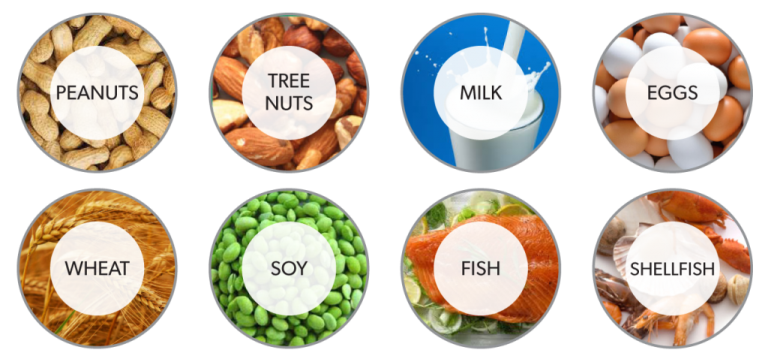Introduction :
Food allergies and intolerances can significantly impact our dietary choices and overall well-being. While managing these conditions can be challenging, it is possible to maintain a healthy diet that meets our nutritional needs. By understanding our specific allergies or intolerances and implementing practical strategies, we can navigate these dietary restrictions while still enjoying a variety of nutritious foods.
Identify and Understand Your Allergies/Intolerances :
The first step in managing food allergies and intolerances is to identify and understand your specific triggers. Consult with a healthcare professional or allergist to get an accurate diagnosis. Learn to distinguish between allergies (an immune response) and intolerances (difficulty digesting certain substances). Take the time to read food labels carefully and educate yourself about hidden sources of allergens or problematic ingredients. The more you understand your specific allergies or intolerances, the better equipped you will be to make informed choices about your diet.
Plan and Prepare Meals Ahead : Meal planning and preparation are crucial when managing food allergies and intolerances. By planning your meals in advance, you can ensure that you have safe and nutritious options readily available. Create a grocery list that includes allergy-friendly ingredients and choose recipes that cater to your dietary needs. Batch cooking and freezing meals can also be helpful, particularly on busy days. Having pre-prepared meals or snacks on hand reduces the temptation to rely on convenient but potentially allergenic foods.
Explore Alternative Ingredients and Substitutions : Living with food allergies and intolerances often requires finding suitable substitutes for allergenic ingredients. Thankfully, there is an increasing availability of alternative products on the market. Experiment with allergen-free flours (such as almond, coconut, or gluten-free options), plant-based milk alternatives, and natural sweeteners like maple syrup or stevia. Explore new recipes and be open to trying different cuisines that naturally accommodate your dietary restrictions. Remember, a varied and balanced diet can still be achieved with creative alternatives.
Seek Support and Educate Others : Living with food allergies and intolerances can sometimes feel isolating. Seek support from online communities, local support groups, or friends who have similar dietary restrictions. They can offer valuable advice, share recipes, and provide emotional support. Additionally, educate your family, friends, and coworkers about your allergies or intolerances. Help them understand the severity and potential consequences of accidental exposure. By raising awareness, you create a supportive environment and reduce the risk of cross-contamination or inadvertent exposure to allergens.
Conclusion : Managing food allergies and intolerances requires diligence and proactive decision-making. By identifying your triggers, planning meals ahead, exploring alternative ingredients, and seeking support, you can maintain a healthy diet that accommodates your dietary restrictions. Remember, prioritizing your health and well-being is key, and there are plenty of delicious and nutritious options available to support your journey.
